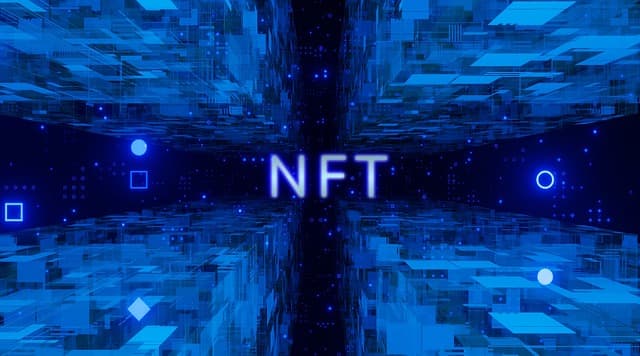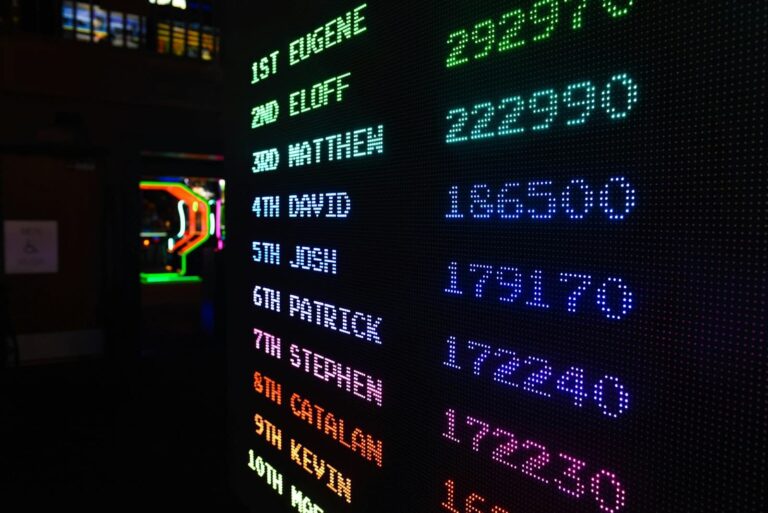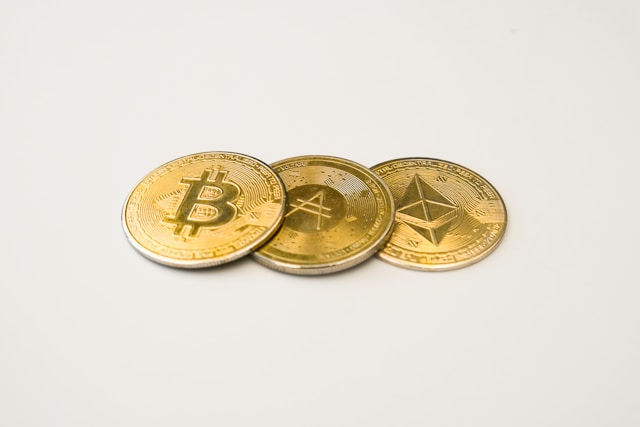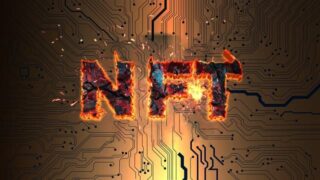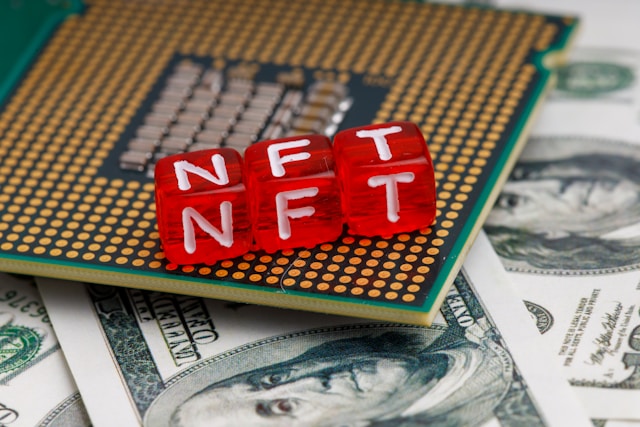Smart contracts, in their current form on the Ethereum blockchain, are a fundamental building block for the growing Web3 industry. They underpin a wide range of applications including DeFi , NFT , games and more, playing a key role in their growth and prominence in the Web3 realm. Smart contracts, which serve as the foundation for decentralized applications on the blockchain, are critical for developers, allowing them to codify agreements between parties, automate decentralized exchanges, and create both fungible and non- fungible tokens.
Smart contracts represent the evolution of traditional contracts in the digital age. Written in a virtual language, they are capable of executing and enforcing themselves autonomously and automatically based on programmed parameters. The integration of blockchain technology increases their value by enhancing security, transparency and trust among signatories. This eliminates the risks of misunderstanding, tampering or alteration and reduces the need for intermediaries. The promise of smart contracts lies in their potential to simplify complex processes such as buying a house, which typically involves banks, notaries, land registries and extensive documentation. With blockchain and smart contracts, these processes can be simplified, increasing trust, security and transparency between the parties involved.
Gaming and NFT
Blockchain-based games use smart contracts to securely perform in-game actions against unauthorized access. One example is PoolTogether, a lossless savings game in which users place their funds into a common pool, which is then sent to the money market where it earns interest. After a predetermined period of time, the game ends and the winner is randomly awarded all of the accumulated interest, while everyone else can withdraw their initial deposit. Similarly, limited-edition NFTs can have fair distribution models, and role-playing games can support unpredictable mining drop-off using randomness, helping to ensure all users have an equal chance of obtaining rare digital assets. Many projects access randomness through Chainlink’s Verifiable Random Function (VRF), a random number generator (RNG) that uses cryptography to prove its security against unauthorized access, meaning that the RNG process is subject to public auditing.
MLB baseball player Trey Mancini held an NFT raffle to raise money for Cancer Support, where Chainlink VRF was used to randomly assign additional utility to some NFTs.

